Mortality is one such trait that is common among all species. Whether it is humans, animals or birds, anyone who has taken birth, is bound to die someday or other. This is the law of nature. Some live for 10 years, some for 50 years, some others like humans for 70 or more years and then there are creatures like tortoises that live for centuries. Irrespective of the lifespan, everything that can breathe, dies someday or other. There are some ancient characters that find a mention in some epic tales across the world and are believed to be immortal. However, there is no concrete proof to back the claims made in ancient literature.
But that doesn’t mean immortality is just a manufactured concept used to make movies and TV series more interesting. The extent of possibilities in science is more than one can imagine. Anything that we don’t know about doesn’t need to be false or an imaginary thought. Nature is more unpredictable than we can imagine. You might find it hard to believe but there are some creatures that can actually live forever. Some of them even precede us, humans, in terms of existence. Interesting enough? Well, we have brought to you a list of eight such creatures that may live forever.
Immortal Jellyfish
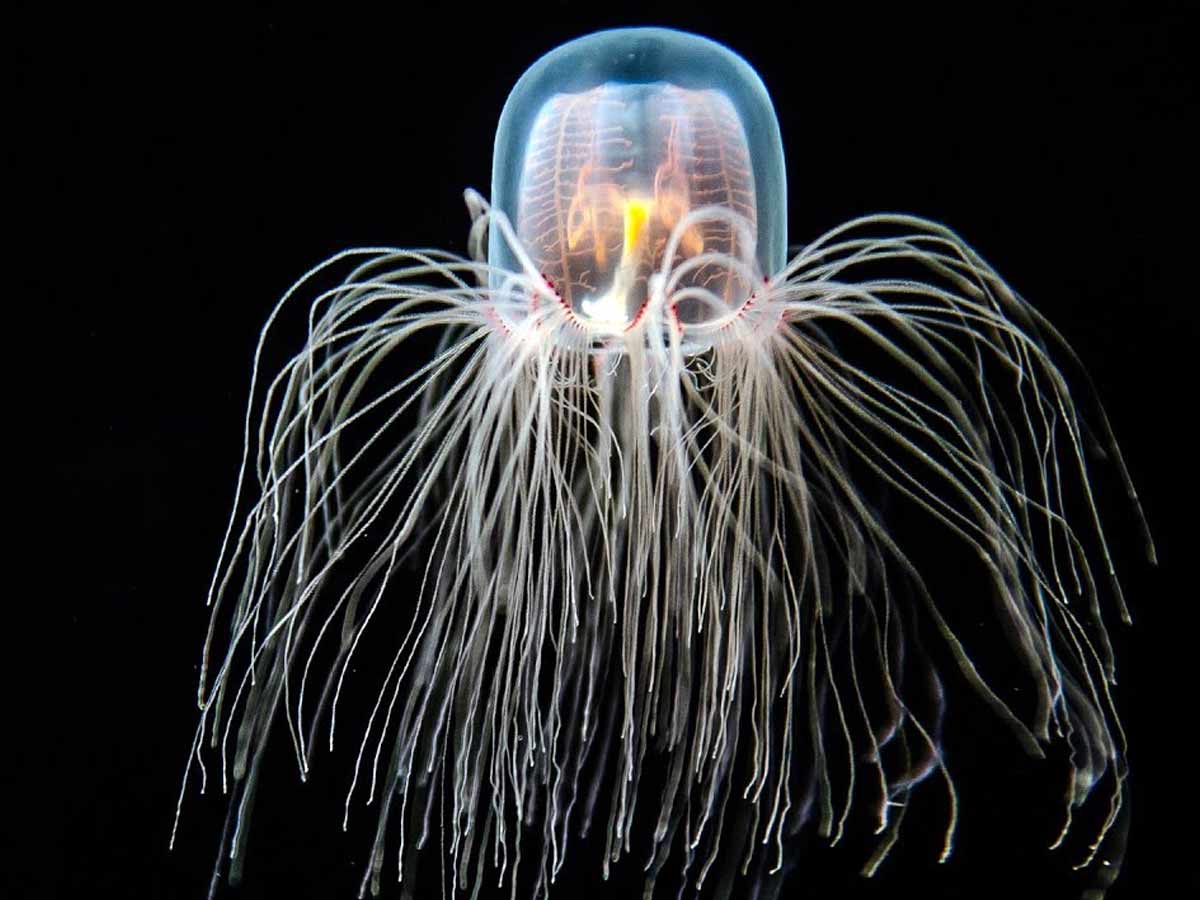
Immortal Jellyfish or Backward-aging jellyfish is one of immortal creatures to live on this planet. Also known as Turritopsis doohmii, immortal jellyfish can actually reverse its aging process that can help it in living forever. The creature returns to its polyp stage over a three day period in case of getting injured or sick. The jellyfish then transforms its cells into a younger state to follow the aging cycle all over again.
Sturdy Turtles
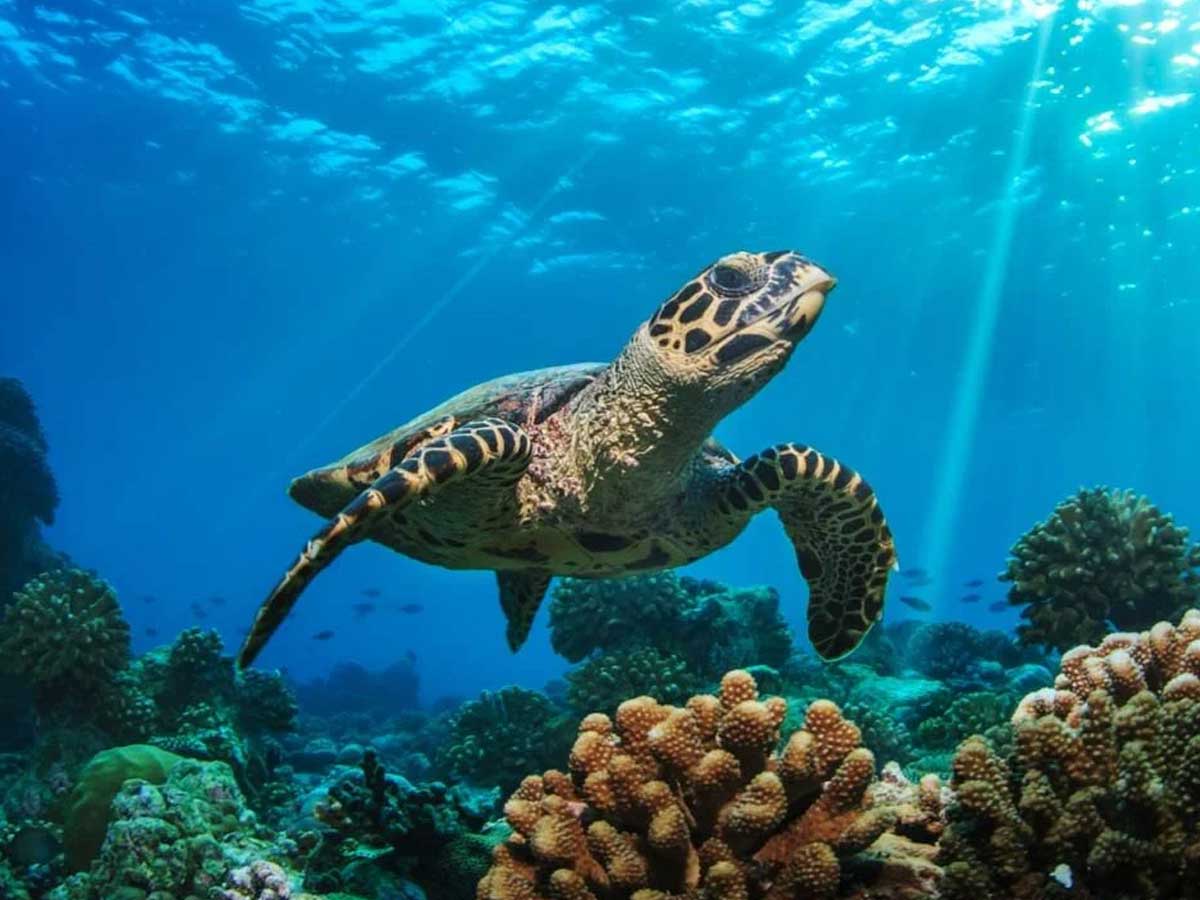
Turtles might be laughed at for their slow speed despite losing the fight to the lazy rabbit, but the pace is the least of their concerns when they have an eternity to cover the distance. Sturdy Turtles live for several centuries and it has been found in several types of research that the organs of these creatures don’t break over time. It means they are capable of living forever unless they are hunted by predators or contract some disease.
Tardigrade
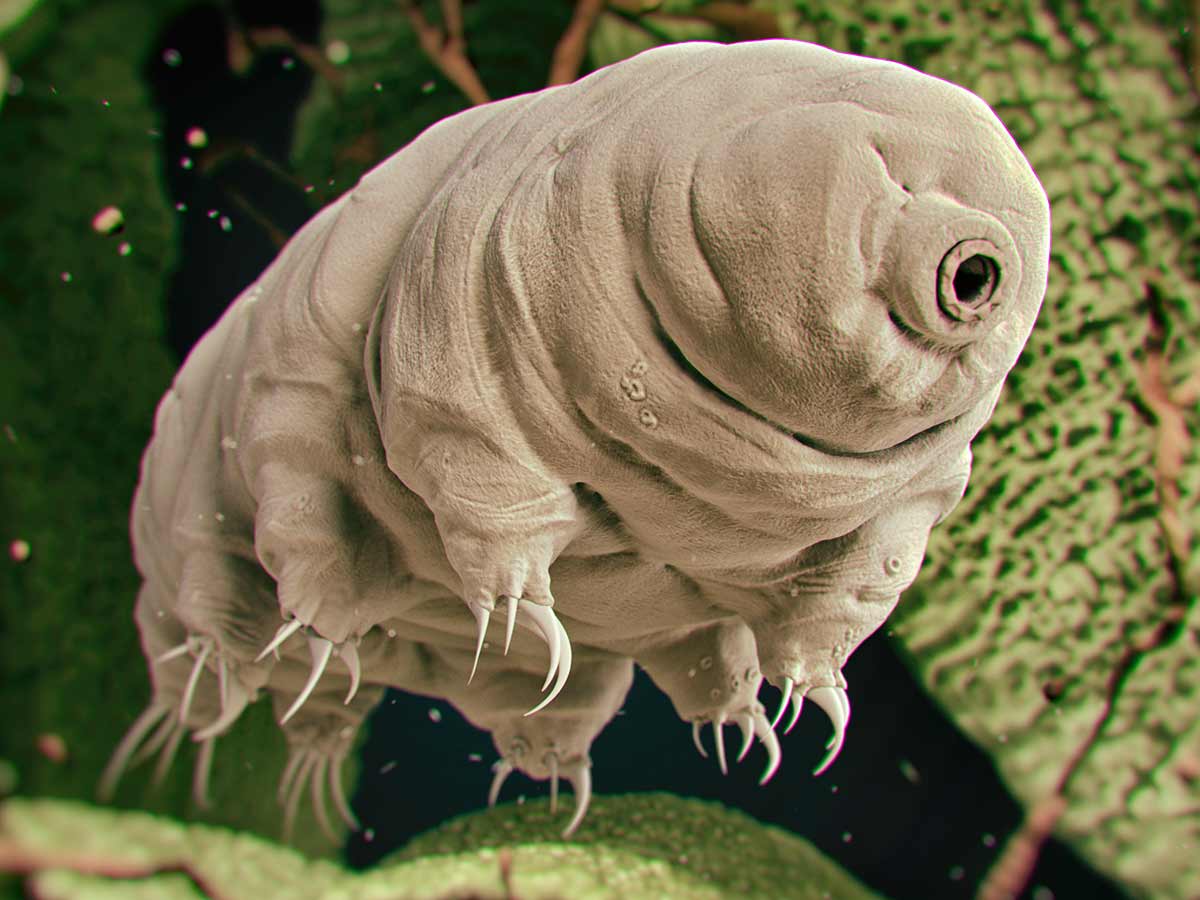
Tardigrades are not just immortals, they are extremely hard to kill as well. Tardigrades can live for thousands of years or even beyond. They can also enter cryptobiosis, a state where the process of metabolism comes to a halt. Even if someone tries to kill a tardigrade, the task is going to be one of the most difficult tasks of their life.
Regenerating Flatworms
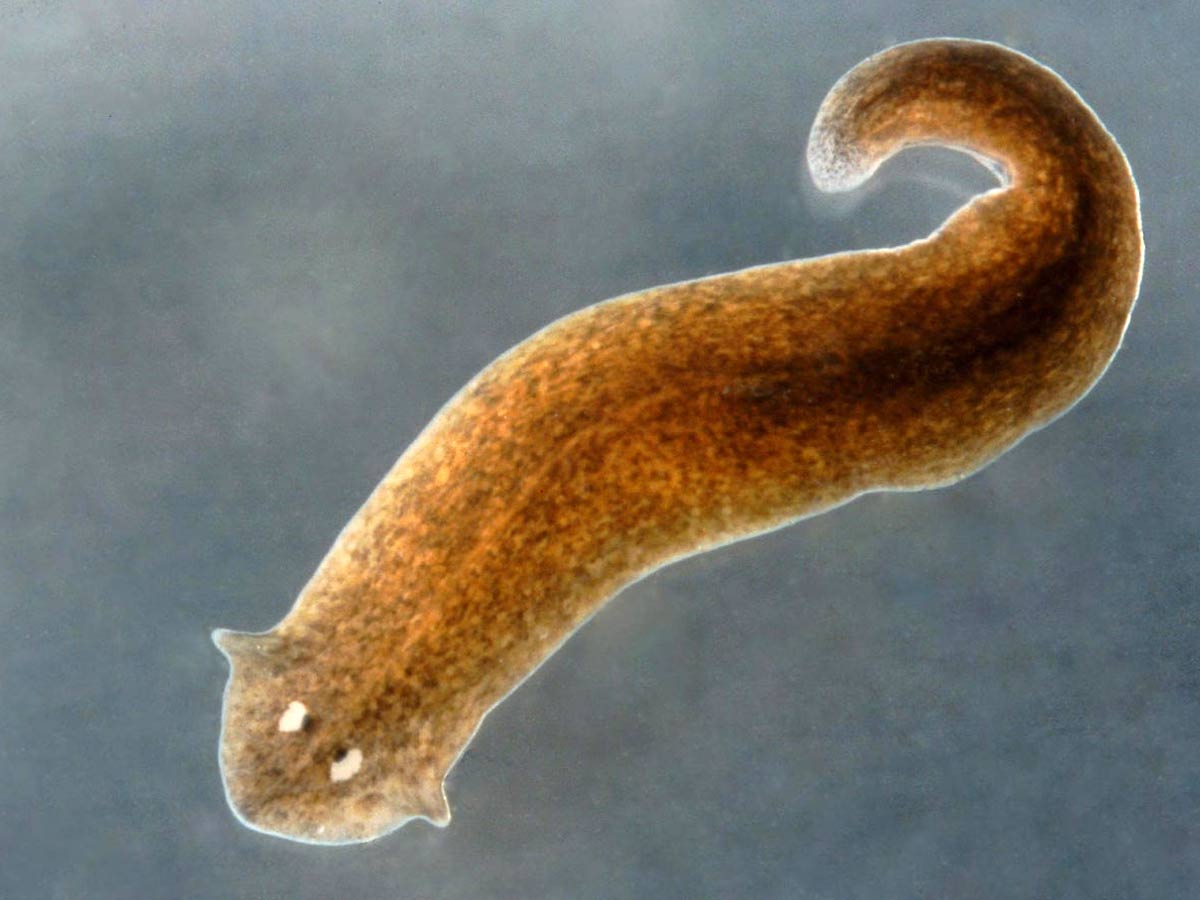
Regenerating Flatworms are also called Planarian Flatworms or simply Planarian. They belong to the Turbellaria class and are found in saltwater as well as freshwater bodies. As the name suggests, Planarians are capable of regeneration. In simpler terms, when you cut a planarian either across or lengthwise, they become two earthworms. There is no limit to the number of times they can regenerate and this is why they can stand processes like aging and tissue damage.
Bdelloids
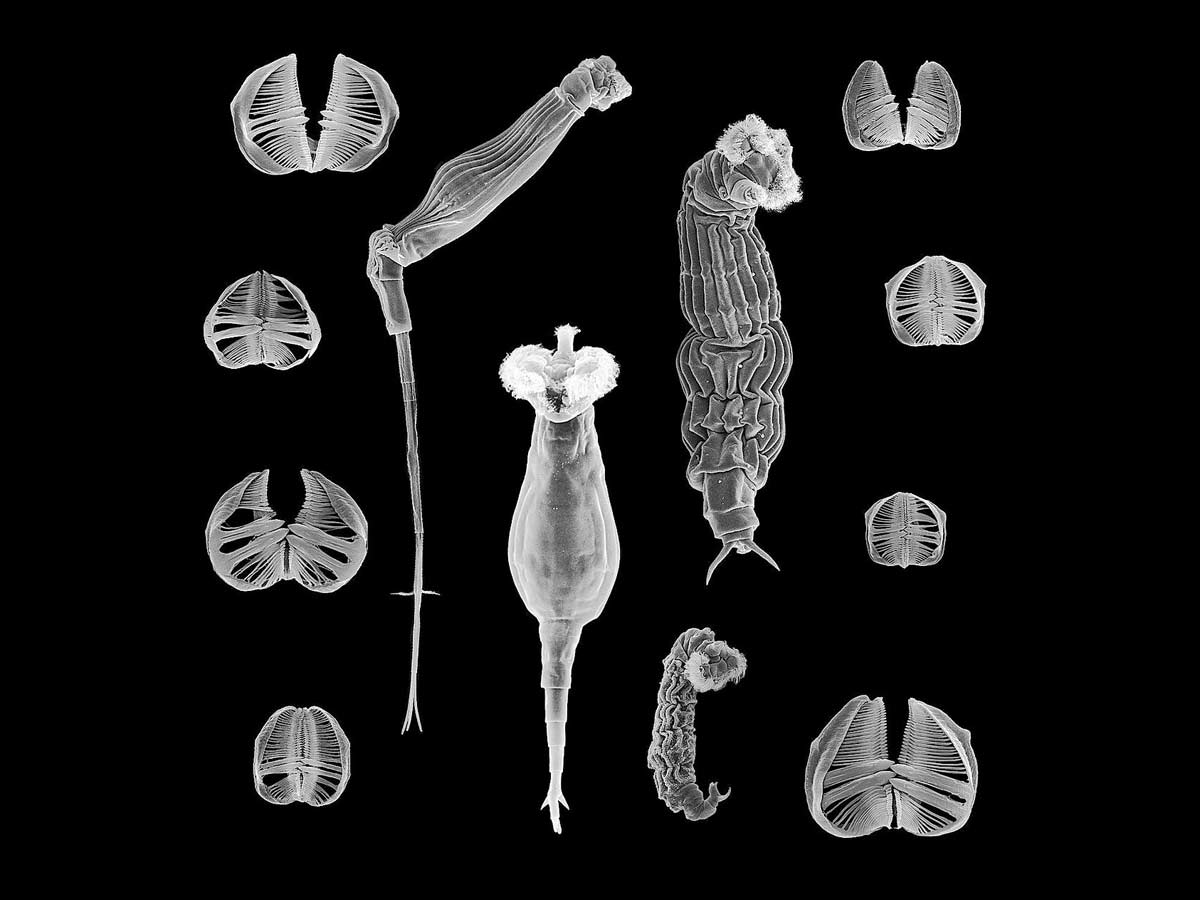
Bdelloids is a word used to refer to a group of freshwater rotifers. These creatures are capable of surviving in extreme conditions such as extreme heat, extreme pressure and low temperature. Apart from this, they are also capable of entering a state of hibernation which they can come back to as per their wish. These traits help researchers classify Bdelloids as immortals. They belong to the Philodinavidae family.
Clams

The “slow cell replacement” process in Clams is responsible for the long lifespan of clams. They can live for more than 400 years and are considered immortal in scientific terms. Scientists have been unable to find the exact reason behind the extremely slow aging process in clams. These creatures are still a matter of study for scientists. They belong to the Myidae family.
Glass Sponges
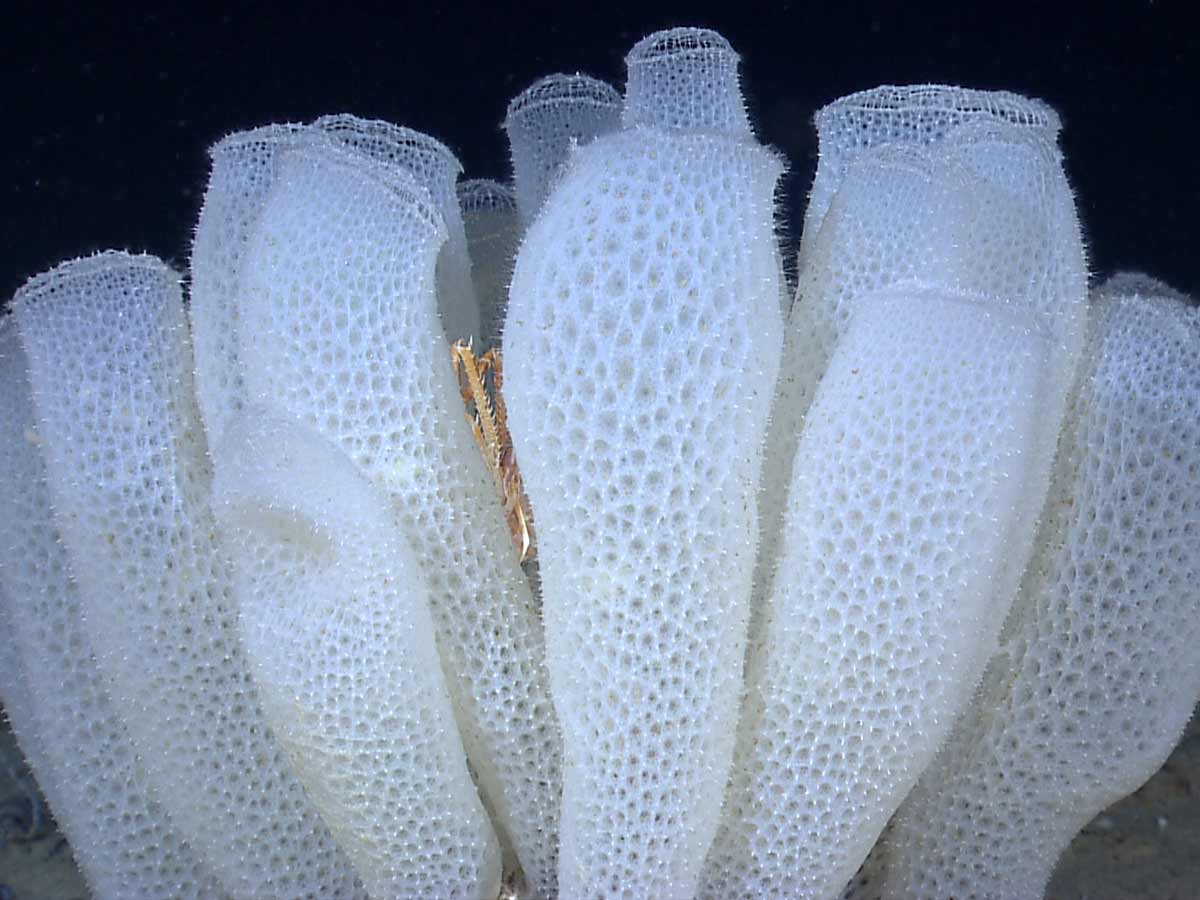
Being immortal and being unkillable are two very different things. Glass Sponges can exist for more than 15,000 years naturally but they still can die. The major cause behind the death of Glass Sponges is them getting eaten by predators. However, they still can exist forever naturally, thanks to their capacity of controlling the growth of their spicules. By slowing the growth of spicules, Glass sponges slow down the aging process significantly and this helps them in sticking around for thousands of years. They belong to the Rossellidae family.
Hydra
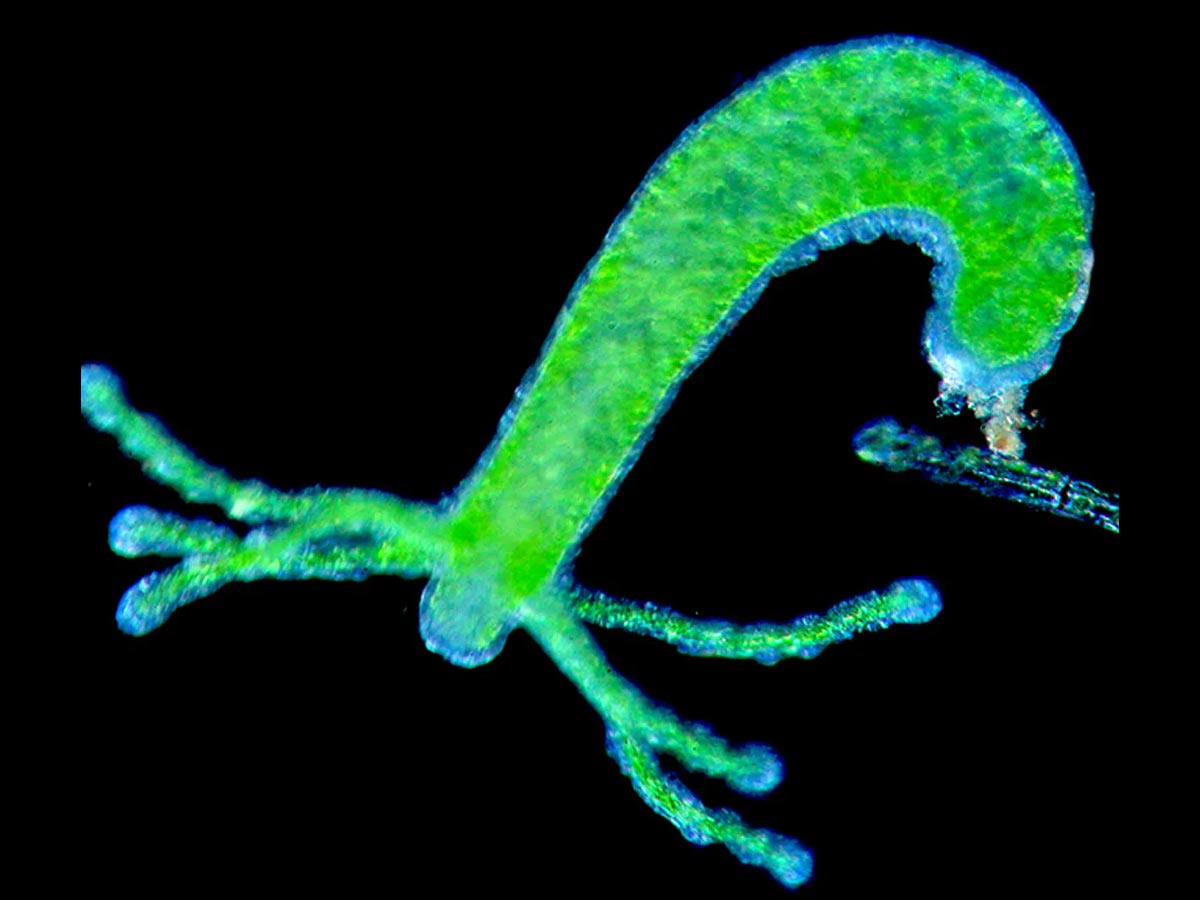
The process of aging is almost absent in the case of Hydra. There is absolutely to sign of cells or body parts getting deteriorated with time as it happens in normal creatures. Moreover, they are capable of dividing and regenerating over and over. This is one such trait that helps scientists in classifying them as immortals. They can remain young even after thousands of years.
























